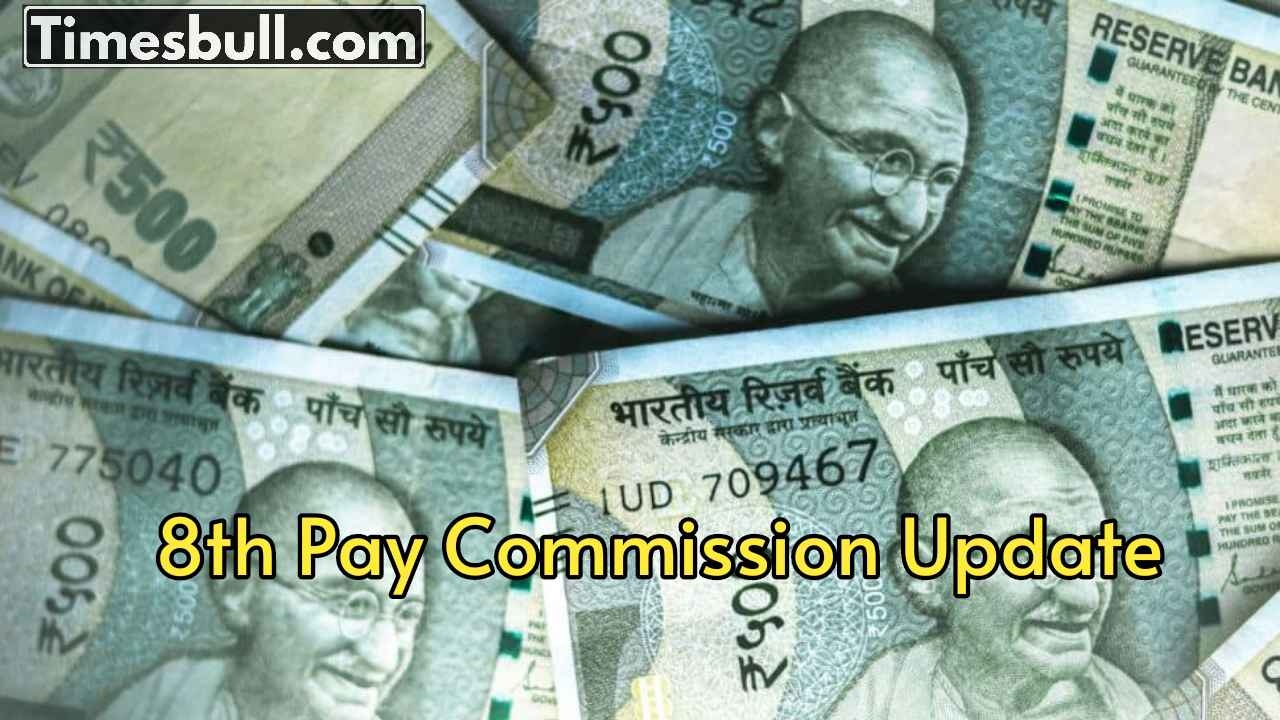
Central Government Employees Await 8th Pay Commission Updates
The central government’s long-awaited 8th Pay Commission has sparked widespread anticipation among over 1 crore central employees and pensioners. Despite the announcement in January 2025, no official details have been released regarding the composition of the commission or its Terms of Reference (ToR). This delay has intensified speculation about potential salary revisions, pension adjustments, and allowance modifications. The 8th Pay Commission’s mandate extends beyond mere salary hikes, encompassing a comprehensive review of benefits that could reshape the financial landscape for public sector workers. Analysts suggest that the government’s cautious approach may reflect the complexity of balancing fiscal responsibilities with the demands for improved compensation. As the nation awaits formal announcements, the focus remains on how the commission’s recommendations could address inflationary pressures and enhance the living standards of public servants.
Fixed Medical Allowance Increase: A Major Shift in Pensioner Benefits
A significant development emerged from the 34th Standing Committee of Voluntary Agencies (SCOVA) meeting held in March 2025. The committee approved a proposal to increase the Fixed Medical Allowance (FMA) for pensioners from Rs 1,000 to Rs 3,000 per month. This adjustment aims to bridge the gap between current medical expenses and the inadequate support provided to pensioners. The decision follows years of appeals from senior citizens who argued that the existing allowance fails to meet inflationary costs. The revised FMA is slated to take effect from January 1, 2026, once incorporated into the 8th Pay Commission’s ToR. This change underscores the government’s growing recognition of the financial vulnerabilities faced by retired public servants, particularly in an era of rising healthcare costs.
Fitment Factor Adjustments: Potential Salary and Pension Boosts
The 8th Pay Commission’s potential impact on minimum wages and pensions has generated considerable debate. While the previous commission’s fitment factor of 2.57 times resulted in a minimum wage of Rs 18,000, recent reports suggest the government is considering raising this factor to 3.0 times. If implemented, this adjustment could elevate the minimum wage to between Rs 26,000 and Rs 27,000, with corresponding increases for pensions. Current pensioners receiving Rs 9,000 monthly might see their benefits rise to approximately Rs 25,000. However, these figures remain speculative, as no official confirmation has been issued. The proposed changes highlight the commission’s potential to address wage stagnation and improve the financial security of public sector workers.
Allowance Restructuring: A Broader Impact on Employee Benefits
The 8th Pay Commission’s mandate extends beyond salary revisions to include a comprehensive restructuring of allowances. Key components such as House Rent Allowance (HRA), Travel Allowance, Dearness Allowance (DA), and Medical Allowance are under review. This holistic approach reflects the government’s intent to align benefits with contemporary economic realities. The restructuring could introduce more flexible HRA calculations, revised DA rates to counter inflation, and enhanced travel allowances for remote postings. These changes may also address disparities in benefits across different cadre groups, ensuring a more equitable distribution of resources. The commission’s focus on allowances signals a shift towards recognizing the diverse needs of public sector employees.
Implementation Timeline and Public Sector Implications
The timeline for implementing the 8th Pay Commission’s recommendations remains uncertain, but preliminary indications suggest a phased rollout starting in 2026. The inclusion of proposed changes in the ToR will determine their final form and applicability. For central government employees, these revisions could mark a pivotal moment in addressing long-standing concerns about compensation adequacy. The potential for increased wages and allowances may have cascading effects on public sector budgets, requiring careful fiscal planning. As the commission moves closer to finalizing its recommendations, the focus will shift to how these changes balance the needs of employees with the broader economic context. The coming months will be critical in shaping the future of public sector compensation in India.




